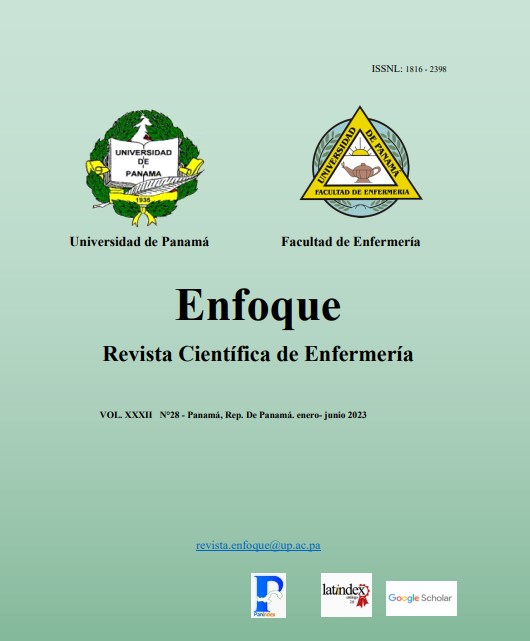


This work is licensed under a Creative Commons Attribution-NonCommercial-ShareAlike 4.0 International License.
Being a caregiver goes beyond having a task or responsibility; it generates a different way of life and relationship by itself, with the care recipient and with the world (Barrera, 2007). It is an intervention project aimed at achieving the primary caregivers' physical and emotional well-being during the care of their dependent family members and implementing the program in the Hospital. It follows the methodology of the logical framework applied to 15 primary caregivers of a dependent relative who have received nursing and medical care in recent years in the Medical Ward of the Aquilino Tejeira Hospital.
The therapeutic intervention consisted of three products: bio-emotional diagnosis of the caregivers, good physical self-care practices, taking care of the primary caregiver's interpersonal relationships, each with their respective activities; with a duration of two months, achieving a significant result in the institution and the hospital community, and therefore a change of attitude and awareness of the care of the caregivers of family members with chronic diseases with dependency.
The results indicated that all the caregivers present several medical diagnoses as hypertension, gastritis, and lumbago. Sixty-seven percent present intense emotional overload, and 33% high emotional overload. Some expressions that indicate the program's effectiveness are smiling faces, happy and grateful faces, verbal manifestations of emotional stability, and personal grooming. They express gratitude and satisfaction for what they have received, indicate that they already have strategies to bear all the responsibility they have as caregivers, and wish the program to continue.